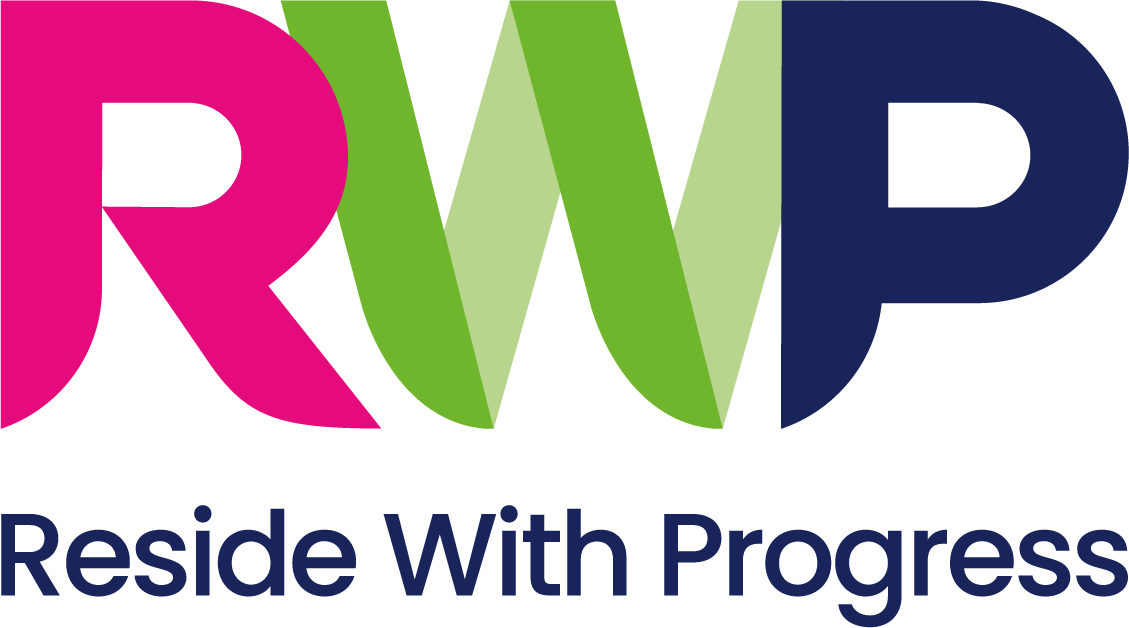
Domestic violence help and support
Latest news
People who are victims of domestic violence and abuse can access help from the Department for Work and Pensions (DWP).
Domestic violence and abuse is an ongoing problem in our society, with far-reaching and devastating impacts. The government’s DWP has a range of measures designed to support people who flee violent and abusive households. Here’s a summary of the help available.
Informing DWP about the domestic violence and abuse
Talk to a work coach at a jobcentre about the domestic violence and abuse to receive additional support from DWP.
You can request to have an appointment with a work coach in a private room.
Providing evidence
You will need to provide evidence of any domestic violence or abuse to receive support from DWP.
You’ll need written evidence from a person acting in an official capacity. A person ‘acting in an official capacity’ means a professional, such as a police officer or a social worker.
You must provide your evidence to the jobcentre as soon as possible, but no later than one calendar month after you first informed them about the domestic violence and abuse.
Housing Benefit
There is special provision for when you’re temporarily absent from your home through fear of domestic violence and abuse.
If you intend to return to your former home, you can receive Housing Benefit for both a former permanent home and temporary accommodation. All accommodation must meet the Housing Benefit conditions.
It will be paid:
- for up to 52 weeks within England, Scotland and Wales
- for up to 26 weeks outside England, Scotland and Wales
Jobseeker’s Allowance (JSA) and Employment and Support Allowance (ESA)
If you have been a victim of domestic violence and abuse, you can have a break from job seeking and work preparation requirements for up to 13 weeks to give you the space and time needed to stabilise your life.
You must tell a jobcentre about the domestic violence and abuse in an interview with a work coach, either face-to-face or by telephone. The initial four-week break starts on this date.
Universal Credit
If you’ve left an abusive relationship, your work coach can help you to open a new claim as a single claimant. From this moment your ex-partner will not have access to any information about your new claim.
If you’ve left an abusive relationship, you can get a rapid advance of up to 100% of your expected Universal Credit monthly entitlement.
Work-related requirements
If you have been a victim of domestic violence and abuse when claiming Universal Credit, you will not have to take on any work-related requirements for 13 weeks, providing certain circumstances apply and required evidence is provided.
Child distress
If you’re the main carer of a child up to 16 years of age, who is in considerable distress due to domestic violence and abuse, you can have a temporary break from work-related requirements. For example, if there is significant disruption to your normal childcare responsibilities and there is a need to provide additional care and support.
Housing element
There is special provision for the housing element of Universal Credit when you’re temporarily absent from your home through fear of domestic violence and abuse.
If you intend to return to your former home, you can receive the housing element of Universal Credit for both a former permanent home and temporary accommodation.
Alternative Payment Arrangements
If you claim Universal Credit as a couple and because of fear of domestic violence and abuse, you wish to manage your money yourself, you can apply for an Alternative Payment Arrangement.
Families with more than 2 children
Universal Credit does not pay you an additional amount for a third or subsequent child born on or after 6 April 2017, unless special circumstances apply.
Benefit cap
Housing support for exempt accommodation will be excluded from the calculation of the benefit cap for victims for domestic violence and abuse.
Discretionary Housing Payments
DWP provides funding for Discretionary Housing Payments which are available from your local authority and are aimed at a number of groups likely to be affected by welfare reforms.
Migrant partner support
If you have come to the UK on a family visa as a spouse, civil partner or unmarried partner and you need to leave home through fear of domestic violence and abuse, you can apply for a Destitution Domestic Violence (DDV) concession.
Child Maintenance Service application fee
You do not have to pay the Child Maintenance Service application fee, which is currently £20, if you’re a victim of domestic violence and abuse. Read the Child Maintenance Service guidance to make sure you’re eligible.
Further information
For further information on DWP support, visit the website: DWP website

